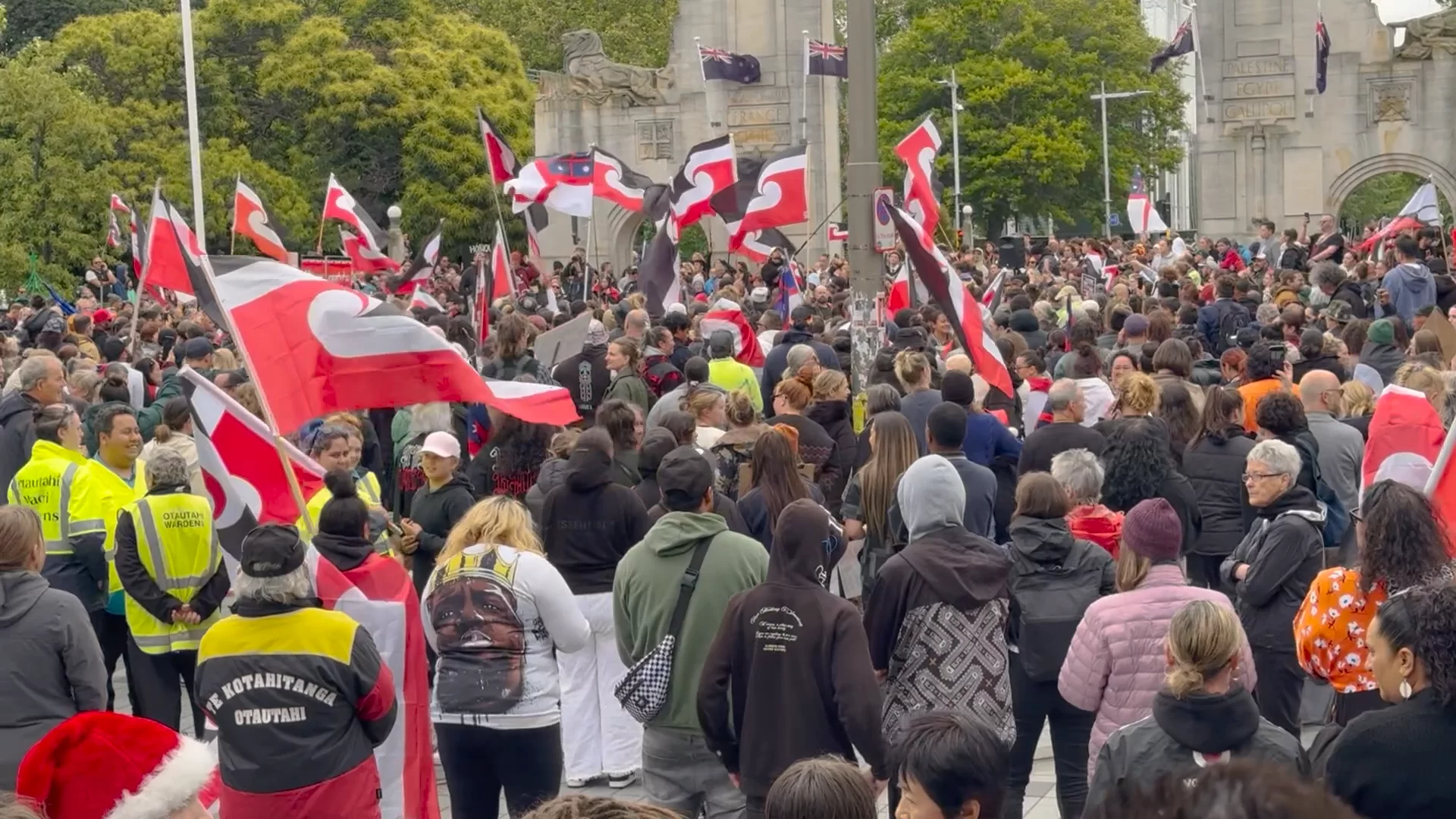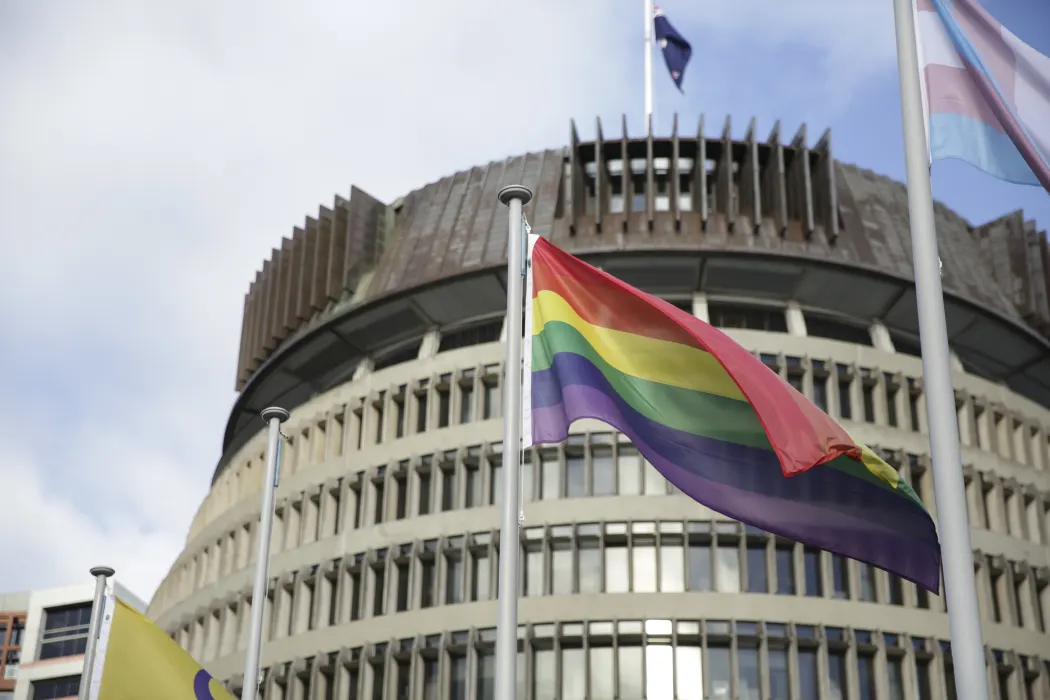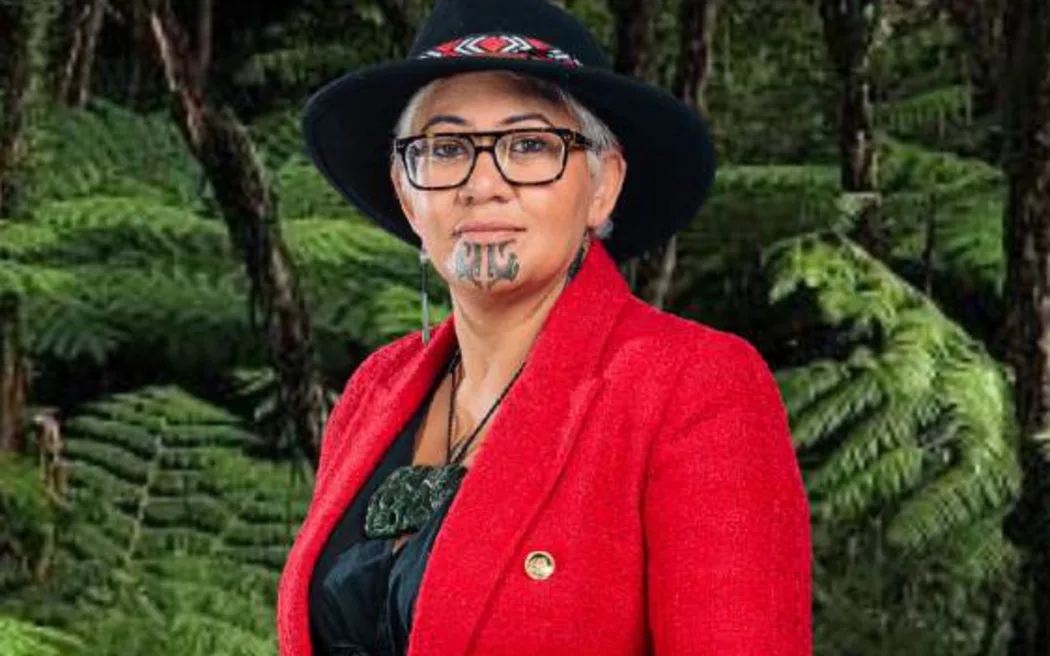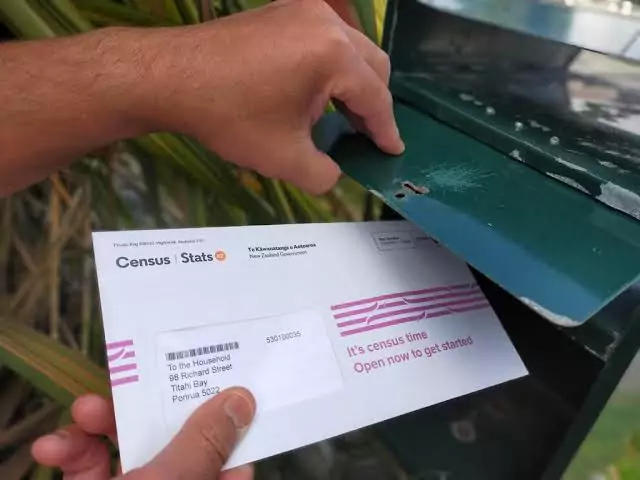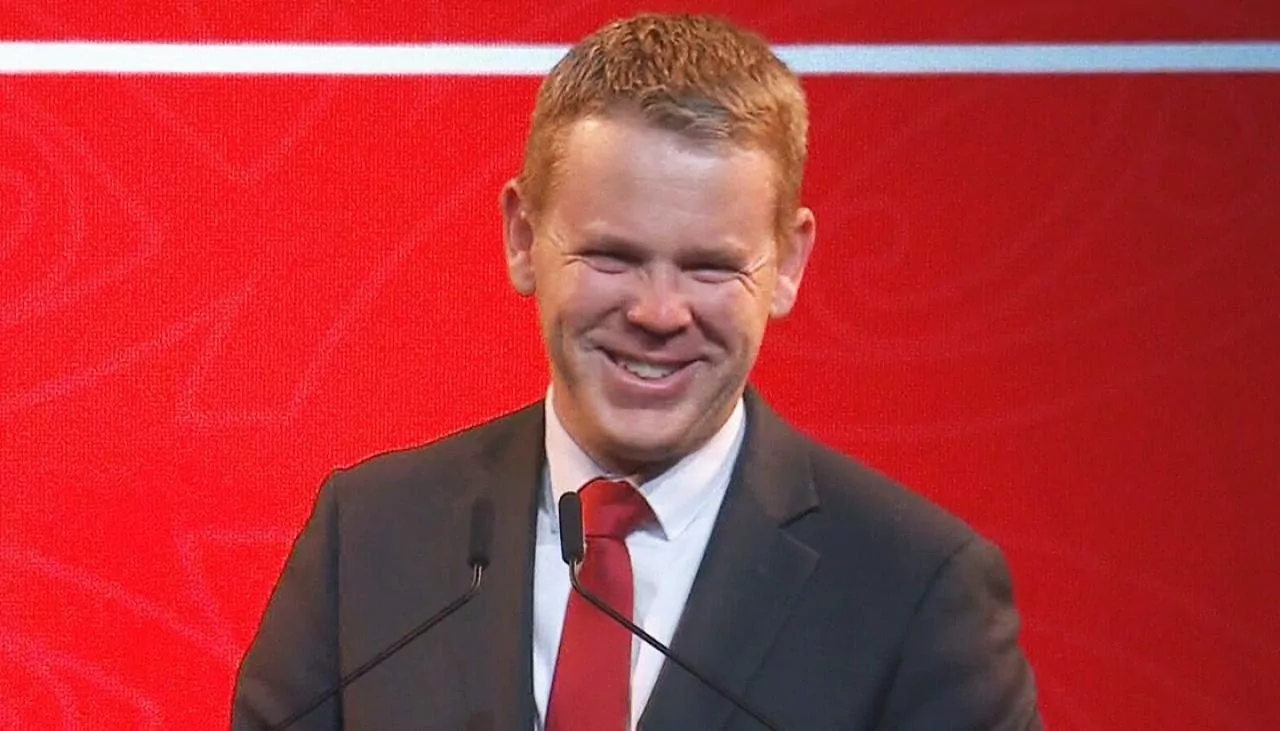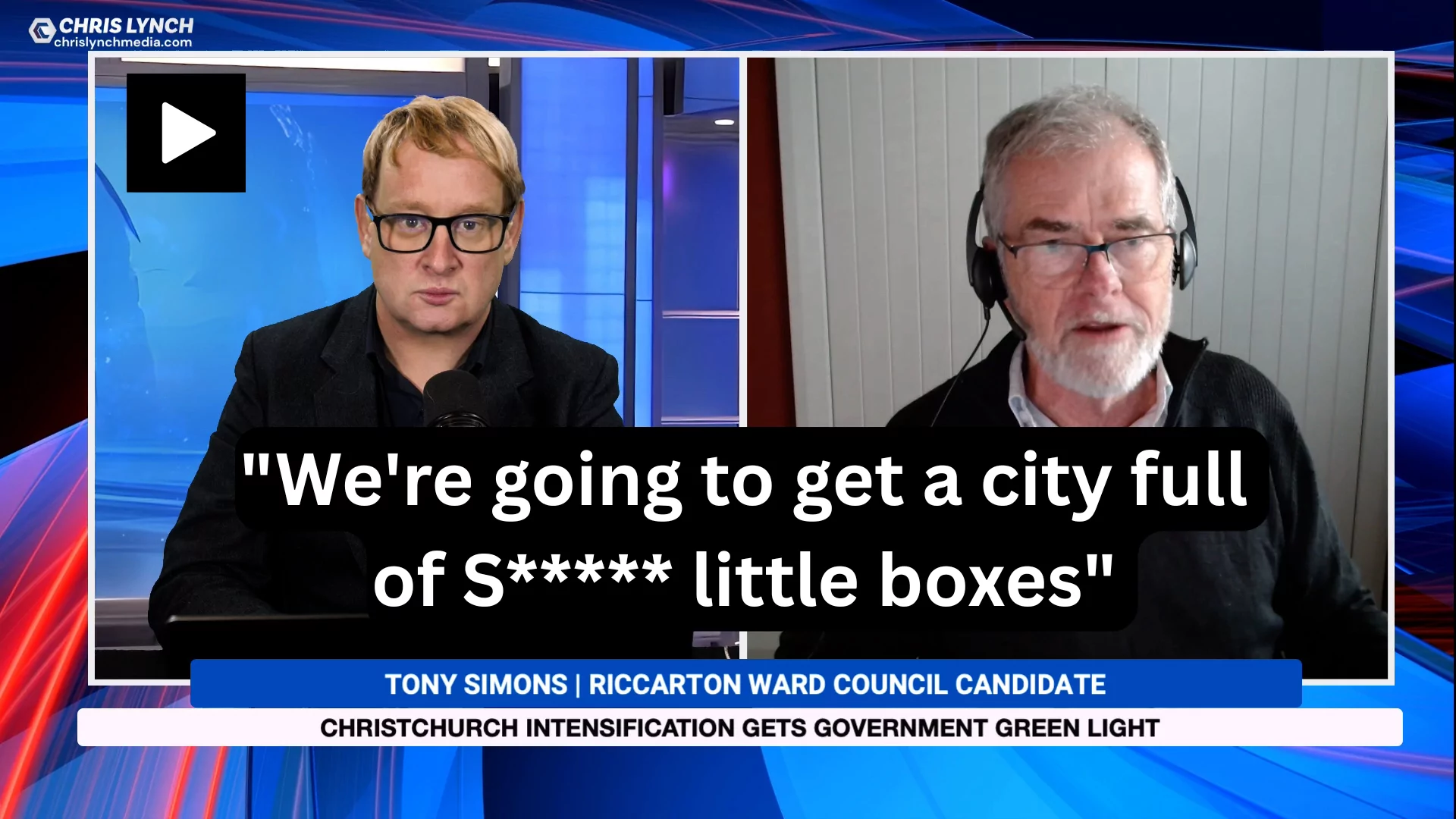New Zealanders are being encouraged to take part in the debate on the Treaty Principles Bill, with public submissions now open.
ACT Leader David Seymour said the Bill provides an opportunity for the public to have their say on a critical issue that has shaped New Zealand’s legal and political landscape.
“Since 1975, when the Waitangi Tribunal decided the Treaty has ‘principles,’ the job of interpreting those principles has been left to unelected judges. That changes today,” Seymour said.
“For the first time, Kiwis of all backgrounds are now able to tell Parliament what they think the Treaty means for future generations of New Zealanders.”
The Bill raises a fundamental question, Seymour said: “Are we a ‘partnership’ between two different groups with different rights? Or are we a modern multi-ethnic democracy united by common humanity, where each person has the same rights and duties? This fundamental question needs to be answered if we are to move forward and solve our problems together.”
Seymour acknowledged that thousands of New Zealanders marched in Wellington today to express their views on the issue and encouraged them to read the Bill and engage through the select committee process.
He also called on those who may not have participated in the march to make their voices heard.
“Many more New Zealanders in the rest of the country are going about their day as normal, working to provide a better future for themselves and their loved ones. I hope they will also make their voice heard by making a submission when they have the time.”
Submissions to the Justice select committee close on 7 January, and Seymour said this was a critical chance for New Zealanders to shape how the Treaty is interpreted for future generations.
What’s in the Bill?
Principles
Civil government—the Government of New Zealand has full power to govern, and Parliament has full power to make laws. They do so in the best interests of everyone, and in accordance with the rule of law and the maintenance of a free and democratic society.
Rights of hapū and iwi Māori—the Crown recognises the rights that hapū and iwi had when they signed the Treaty/te Tiriti. The Crown will respect and protect those rights. Those rights differ from the rights everyone has a reasonable expectation to enjoy only when they are specified in Treaty settlements.
Right to equality—everyone is equal before the law and is entitled to the equal protection and equal benefit of the law without discrimination. Everyone is entitled to the equal enjoyment of the same fundamental human rights without discrimination.
